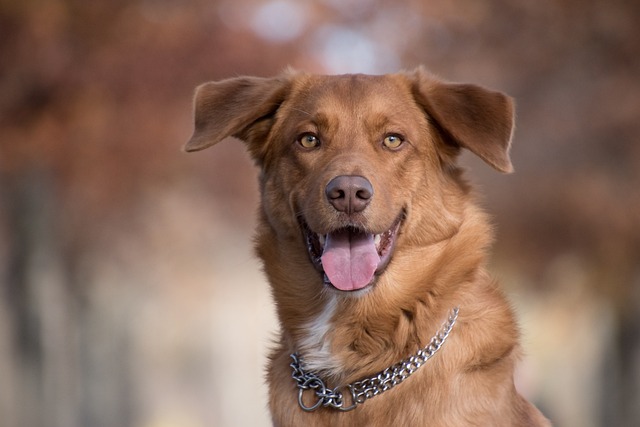
How can I tell if my dog's heatstroke is serious
Let’s be real: It’s a sticky August morning in Los Angeles, and you took your 2-year-old Golden Retriever, Max, for a walk a little later than usual
Bringing home a new puppy means juggling excitement with a million little worries—from potty training to making sure they stay healthy. One of the biggest questions that creeps up is when to start protecting them with vaccines. Most vets agree the first round should begin between 6 and 8 weeks old, right as your pup starts to wean from their mom’s milk. That early start matters because mom’s antibodies fade around this time, leaving your little one vulnerable to serious illnesses like parvovirus or distemper. Plus, many localities require proof of core vaccinations before you can take your puppy out in public spaces, so staying on track keeps you compliant too.
After that first vaccine, your puppy will need follow-up shots every 3 to 4 weeks until they’re around 16 weeks old. This series is key because young puppies’ immune systems aren’t fully developed yet—each dose builds their protection stronger. Your vet might adjust the schedule a bit based on where you live: if you’re in an area with more ticks, for example, they may recommend adding a Lyme disease vaccine earlier. It’s not just about health, either; puppy socialization classes are a big part of helping your pup grow into a confident dog, but most trainers won’t accept unvaccinated puppies.
 You’ll want to stick close to this timeline even if your puppy seems perfectly healthy. Some of the diseases vaccines prevent are deadly, and they spread easily in places puppies love—like dog parks or pet daycares. In many regions, there are also laws that mandate core vaccines (think DHPP, which covers distemper, hepatitis, parainfluenza, and parvovirus) for all dogs, regardless of breed or size. Skipping early doses could put you at risk of fines, not to mention putting your puppy’s life in danger.
You’ll want to stick close to this timeline even if your puppy seems perfectly healthy. Some of the diseases vaccines prevent are deadly, and they spread easily in places puppies love—like dog parks or pet daycares. In many regions, there are also laws that mandate core vaccines (think DHPP, which covers distemper, hepatitis, parainfluenza, and parvovirus) for all dogs, regardless of breed or size. Skipping early doses could put you at risk of fines, not to mention putting your puppy’s life in danger.
It’s also smart to keep a detailed record of each vaccine visit. Many pet-friendly apartments, hotels, or boarding facilities will ask to see this paperwork before letting your pup stay. After the initial series, your vet will suggest booster shots to keep protection up, usually once a year or every three years depending on the vaccine type. And if you notice any mild side effects—like a little sleepiness or a sore spot at the injection site—don’t panic; that’s normal. But call your vet right away if you see vomiting, diarrhea, or extreme lethargy.
Protecting your puppy with vaccines isn’t just a to-do list item—it’s one of the first big ways you show them you care. Every vet’s office knows the specific rules and risks in your area, so working with them to tailor a schedule will give you both peace of mind. Before you know it, those vaccinated visits will turn into fun outings to the park, knowing your pup is safe and ready to explore.

Let’s be real: It’s a sticky August morning in Los Angeles, and you took your 2-year-old Golden Retriever, Max, for a walk a little later than usual

You're enjoying a summer afternoon at the park when you notice your dog has stopped panting and appears disoriented - their gums are bright red

Let’s paint the picture: You’re in your Denver apartment, watching your 4-year-old Boston Terrier, Ruby, plop down mid-play session with her favorite toy

Many dog owners notice their pets nails seem shorter after regular walks,but how much does this daily activity actually help?The answer depends on where you walk—concrete sidewalks or asphalt streets gently file nails as a dog's paws hit the ground

Most dog owners notice their pup scooting across the carpet at some point, but few connect it to impacted anal glands. These small sacs near a dog’s rectum secrete a scent for marking territory

Most vets agree that regular dog teeth cleaning is key to avoiding painful dental issues later. For healthy adult dogs, a professional cleaning at the vet’s office every 12 to 18 months usually works well.